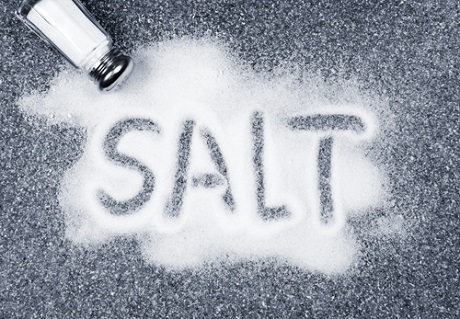Eating a high-salt diet for several years may damage blood vessels — increasing your risk of developing high blood pressure, according to research.
People with this type of blood vessel damage who eat a high-salt diet are more likely to develop hypertension, or high blood pressure . This research hints at the presence of a “sodium amplification loop” in which eating too much salt for a long time damages blood vessels, leading to a greater chance of developing high blood pressure if the high-salt diet is continued.
Researchers didn’t assess the cause-and-effect relationship between salt intake and high blood pressure. But the study’s results “add to the considerable evidence that a diet heavy on salt is closely linked to high blood pressure,” said John Forman, M.D., lead author of the study.
One gram of sodium is equal to 2.5 grams of table salt (sodium chloride).
Researchers conducted an observational study (PREVEND) in which they tracked the sodium intake of 5,556 men and women from the general population. Sodium intake was assessed by collecting multiple 24-hour urine samples, which is considered the optimal method to measure sodium intake.
Researchers analyzed the association between sodium consumption and blood levels of uric acid and albumin in the urine — both markers of blood vessel damage — in participants not taking high blood pressure medicine.
During a median follow-up of 6.4 years, 878 new hypertension diagnoses were made.
Higher sodium intake was associated with increasing levels of uric acid and albumin over time. The higher the levels of these markers, the greater the risk of developing hypertension if dietary salt intake was high, researchers found. Compared with participants eating the least amount of sodium (about 2,200 milligrams a day), those eating the most (about 6,200 mg/d) were 21 percent more likely to develop high blood pressure. However, those who had high uric acid levels and ate the most salt were 32 percent more likely to develop high blood pressure while those with high urine albumin levels and highest salt intake were 86 percent more likely to develop high blood pressure.
A high-salt diet is believed to be responsible for 20 percent to 40 percent of all cases of high blood pressure in the world.
Source: Science daily
N.H.Kh

